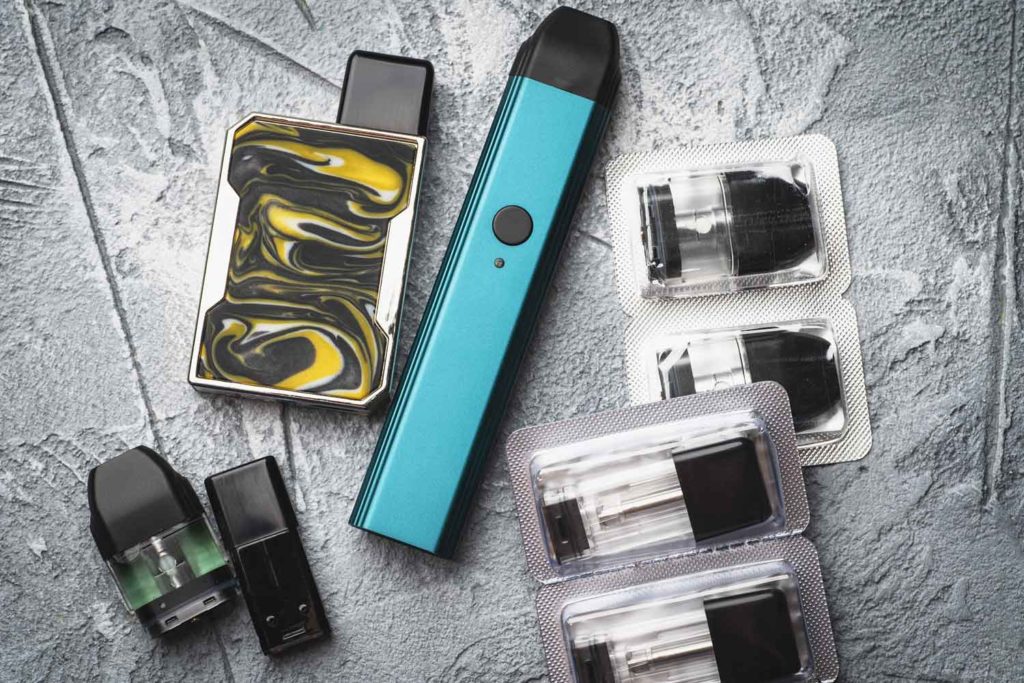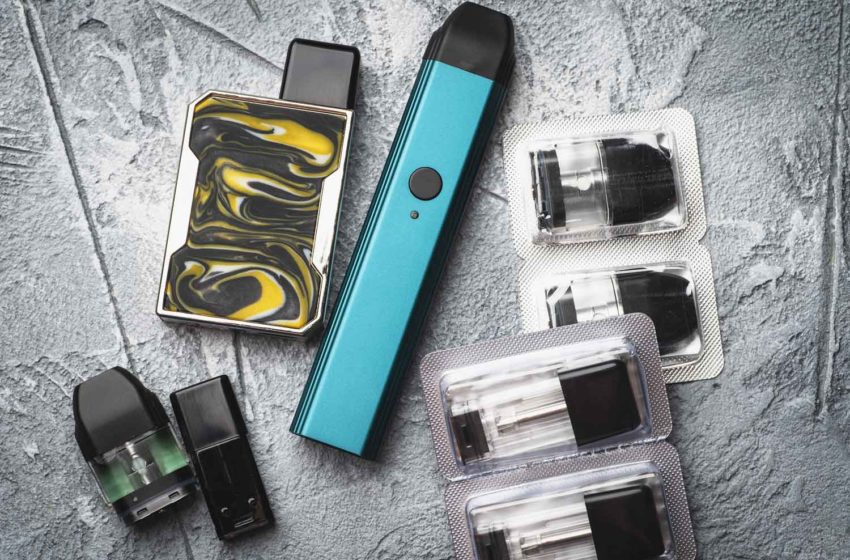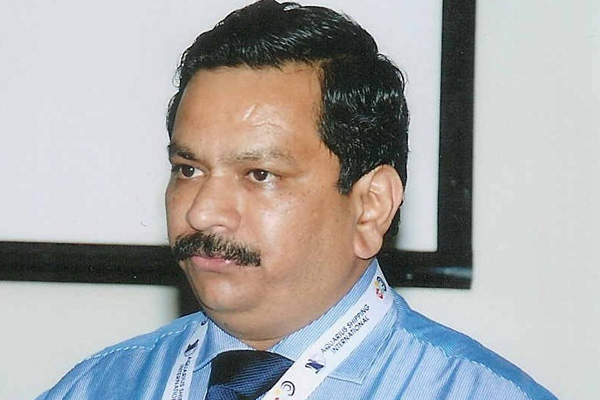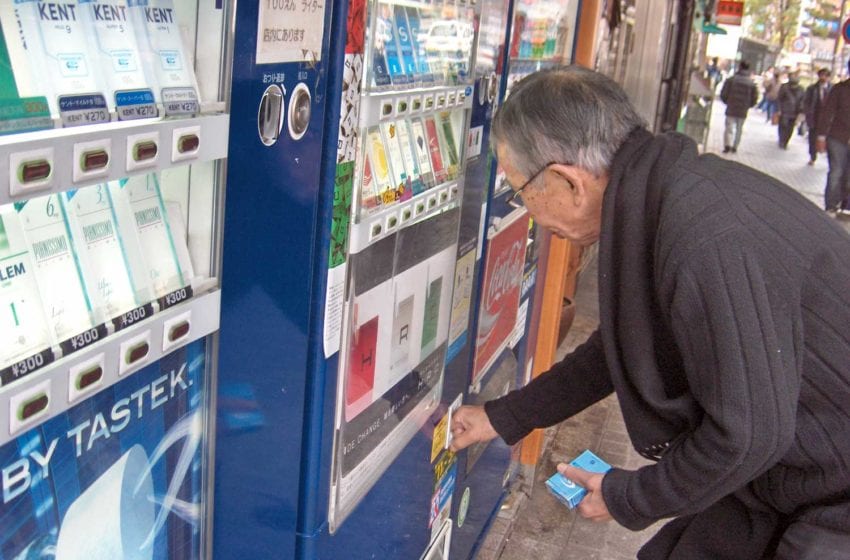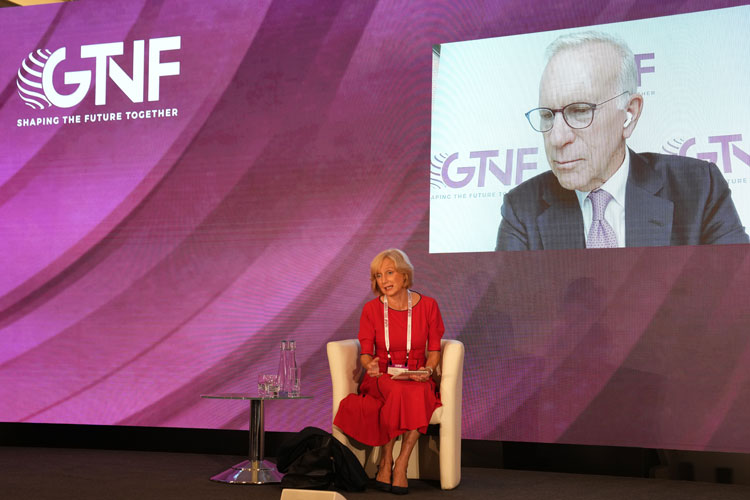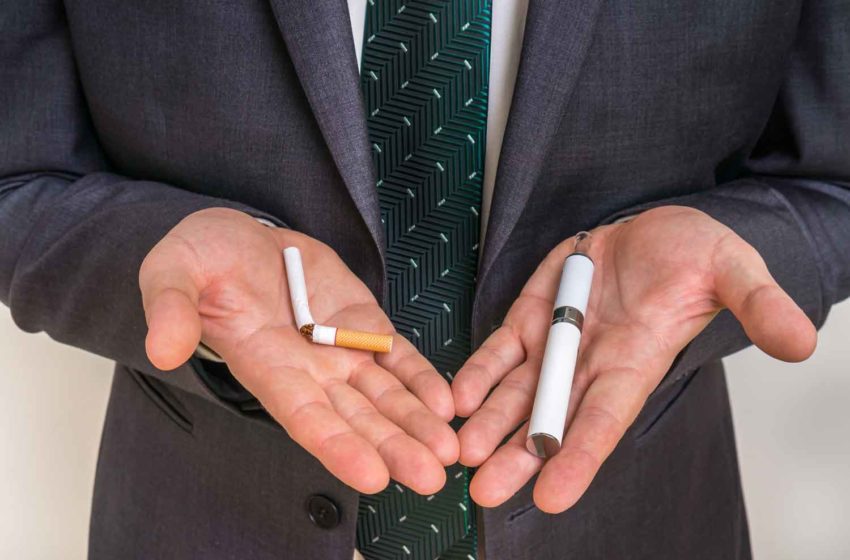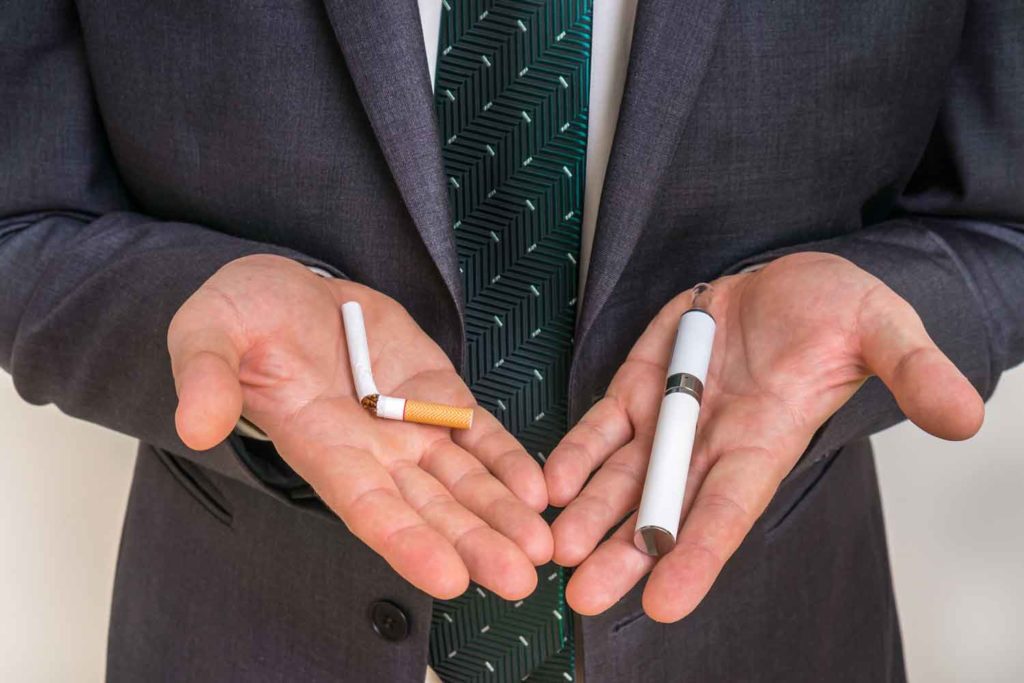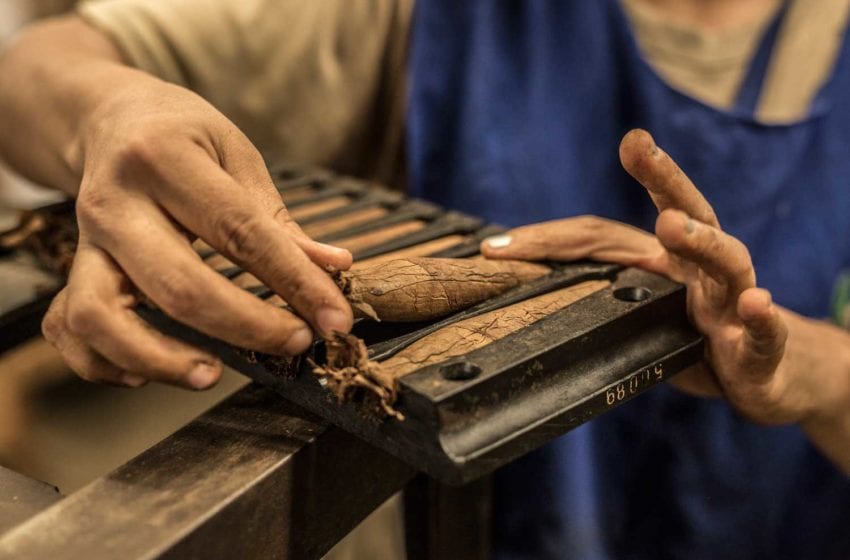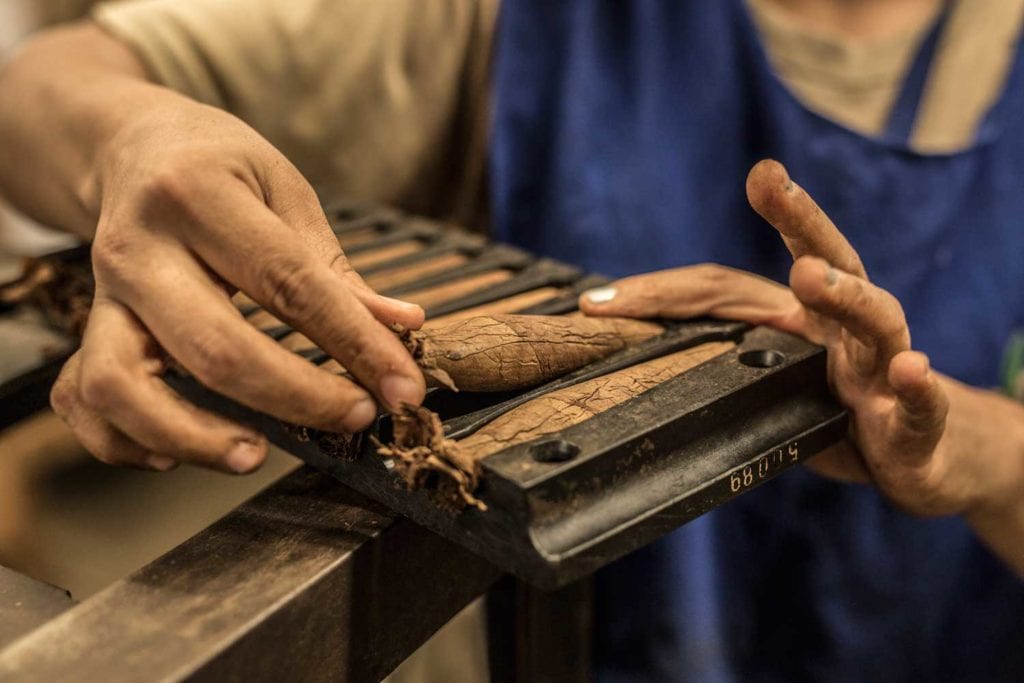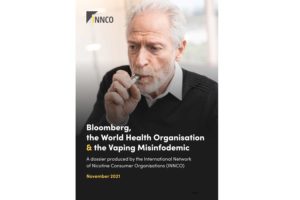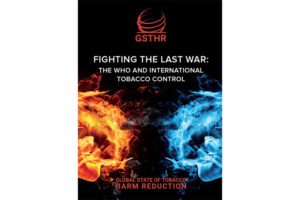Ambassador James K. Glassman, former U.S. undersecretary of state for public diplomacy and public affairs, and Rosemary Leonard, a general practitioner in London, took the opportunity presented by the Global Tobacco & Nicotine Forum to introduce a report that aims to inject new imagination and ambition into the effort to reduce tobacco-related death and disease.
According to Glassman, the fight against smoking has stalled. “There are more people smoking today than there were 30 years ago,” he noted. The current approach, he said, will only prolong the suffering. If nothing changes, 1 billion people will die of smoking-related diseases this century.
Published by the International Commission to Reignite the Fight Against Smoking, the new report calls for society to recognize the power of technology to disrupt and tries to remedy the neglect shown to low-income and middle-income countries (LMICs).
Smokers famously smoke for the nicotine but die from the tar—the byproducts of combustion. Innovation has resulted in technologies that can deliver nicotine in a device, the e-cigarette, that according to Public Health England and the Royal College of Physicians is 95 percent less harmful than smoking.
Unfortunately, in all but a few countries, regulatory policy toward tobacco products is confused, contradictory and not based on current scientific knowledge, observed Glassman.
Glassman also expressed concern about the high levels of misinformation, not only among the general public but also among regulators and physicians.
Leonard related the story from her practice about a patient diagnosed with chronic obstructive pulmonary disease. The patient said he had tried everything—the patches, the gum, etc.—to quit smoking but to no avail. When Leonard suggested he try vaping, the patient nearly fell from his chair. Leonard had to reiterate that anything was better than combustible tobacco.
“Unfortunately, I am in the minority of doctors,” said Leonard. “So many just don’t know the science behind smoking … they know that tar is harmful, but they have this misperception that nicotine is harmful too.”
Leonard said she was proud of the U.K.’s relative success reducing smoking. “We have moved from being a global leader in tobacco consumption to being a leader [in] tobacco control,” she said. And while there were many factors contributing to that success, including taxation, plain packaging and indoor smoking bans, Leonard said the U.K. had been especially fortunate with Public Health England’s hands-on approach in helping people quit and pragmatic approach toward smoking alternatives.
“And now we must get the U.K. message to low[-income] and middle-income countries, where most of the world’s smokers reside,” she said. The idea behind the report is to open up a dialogue—to get the message across of how to best help people stop smoking.
Among other recommendations, the report calls for risk-proportionate tobacco policies and better access to harm reduction in LMICs. It also encourages medical bodies to reestablish the leadership role of doctors in ending smoking and urges tobacco companies to have a clear plan to phase out high-risk combustible products.
